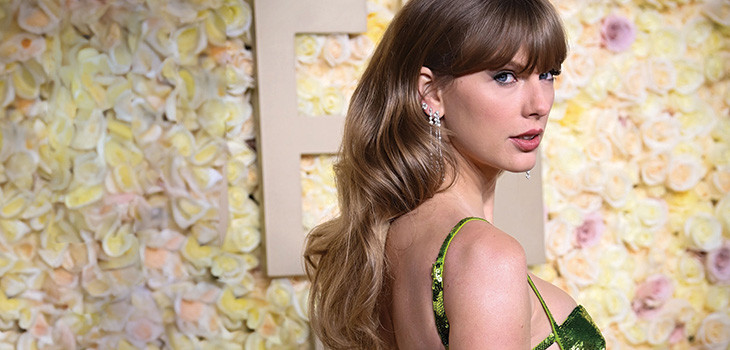
Deepfakes, whether of Taylor Swift or Donald Trump, have obviously harmful potential consequences for the unwitting subject—but what legal action can be taken against them?
This is the topic addressed by David Locke in this week’s NLJ.
Locke, partner at Hill Dickinson, looks at the difficulty of identifying the ‘creator’. In some circumstances, the artificial intelligence (AI) tool itself could be seen ‘as the entity that can most accurately be described as the creator, and to the extent AI “exists”, it does so beyond the reach of criminal sanction’.
There are also difficulties in enforcement, given the deepfake might be reposted hundreds of thousands of times. Locke highlights several issues, covering deepfake pornography, celebrity lookalikes and the degree of realism involved in images. It’s a fascinating subject.











